KARACHI: It was an enlightening evening at the Arts Council where scholars and artists from various disciplines gathered to delve into a discussion on Sufism in relation with spirituality, knowledge, and human understanding here on Sunday.
It was a talk, followed by a panel discussion, which was organised by Endowment Fund Trust for Preservation of the Heritage of Sindh in collaboration with the Arts Council of Pakistan on its premises and was presided over by Hameed Haroon.
Architect, author and artist Kamil Khan Mumtaz delivered the talk. He first spoke about his journey from being an architect to his interest in Sufism. He said that something always troubled him about his knowledge of things. There was a gap that he always felt. So he started searching about it and, gradually, through a book that one of his friends had given him, he came to know about what had been missing until then.
Thus began his journey towards Sufism, which he describes as the path towards knowing the truth and reality. However, it is a reality which is not physical.
Sufism is not about renouncing material world but to live in it by loving others, says writer Noorul Huda Shah
He said there are different methods of gaining knowledge of reality and truth. In the traditional method, knowledge I passed on from one person to the other via speech or spoken discourse. On the other hand, there is scientific knowledge, which is based on observation and experiment and is generally considered to be correct and authoritative because of it.
However, both have weaknesses and shortcomings, he said. In the former, there are chances of erring as one can consider something false as true. Similarly, he said, scientific knowledge is not as reliable as it seems. Science is based on senses and senses, he said, can mislead and it is a debate that has existed for centuries. So both methods have their weaknesses.
The best way of gaining knowledge of reality, therefore, is becoming part of that reality itself. For an individual to gain such knowledge, he said, the only way is to transform oneself into the object of his finding; to become that thing itself and let go of one’s self, the “I”. Only then can one attain “Haq-ul-Yaqeen”. And this is what Sufism teaches, he concluded.
Dramatist, poet and columnist Noorul Huda Shah said Sufism is a deep and turbulent sea just like a seeker of truth who is also tempestuous. And one can get to know that sea by getting inside it, not by looking at it from the shore.
She said Sufism is about human rights. It is not about renouncing the material world but to live in it by loving others and not harming them in any way. However, “Peeri mureedi” has taken its place and actual Sufism has gone in the background, she said.
Dr Syed Jaffer Ahmed, a scholar and academic, was, however, of a different view. He said Sufism is about individual spiritual experiences, which differ from one person to another and that is what makes it a weak method of gaining knowledge of reality. But science, he said, is universal. If something isn’t proven and a consensus is not achieved, the thing is rejected by science.
He said people just like romanticising Sufism and generalising about it, which is actually wrong.
Scholar and activist Jami Chandio was of the similar views. He said reality is objective and its knowledge can also be gained objectively whereas Sufism is part of a tradition which believes in transcendental reality, not physical.
He said it is better to understand Sufism only as an individual’s personal way to experience things, which is just like many forms of arts and literature.
Dr M. Rafiq Wassan, Prof K.S.
Nagpal and Secretary Auqaf Religious Affairs Zakat & Ushr Munawar Ali Mahesar also spoke.
Published in Dawn, June 3rd, 2024






















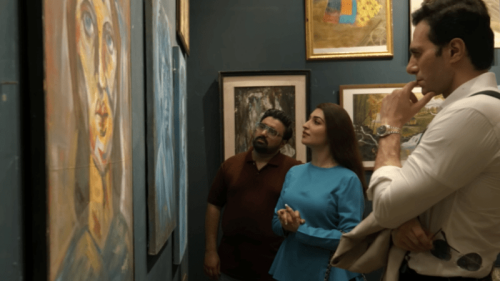












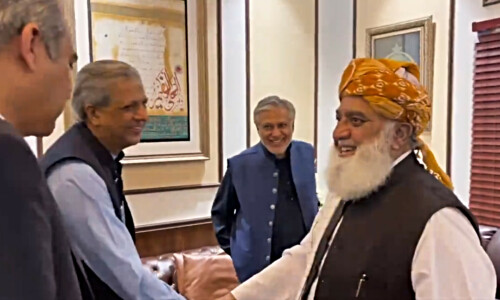
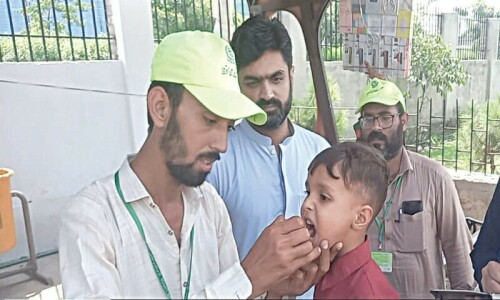

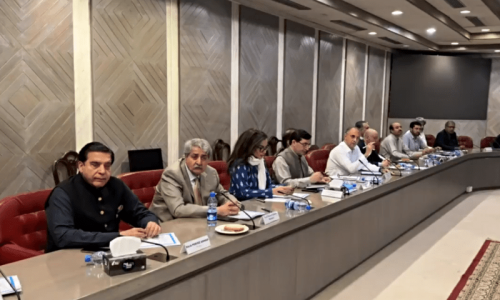

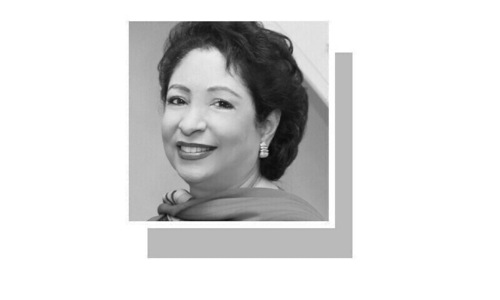




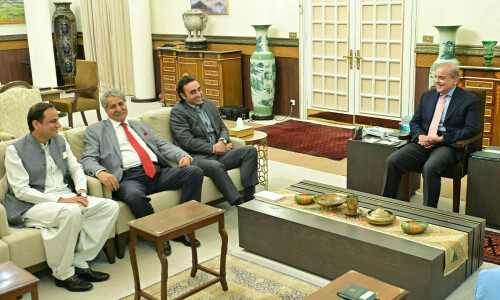

Dear visitor, the comments section is undergoing an overhaul and will return soon.